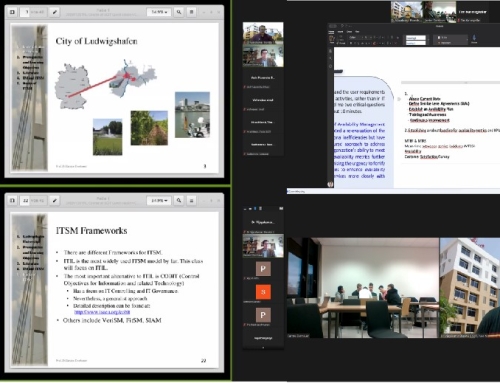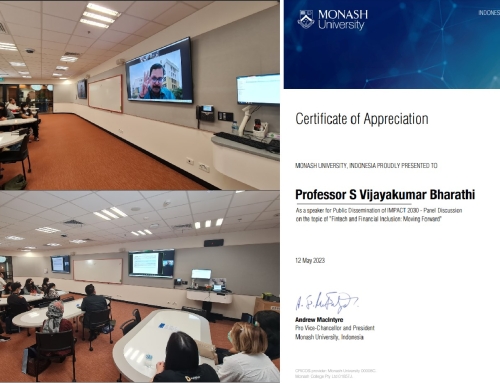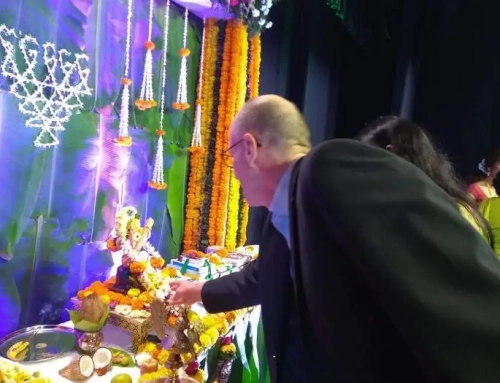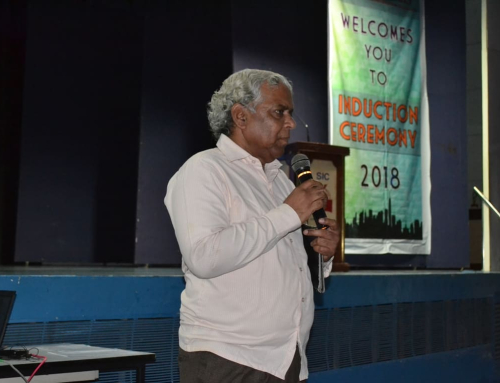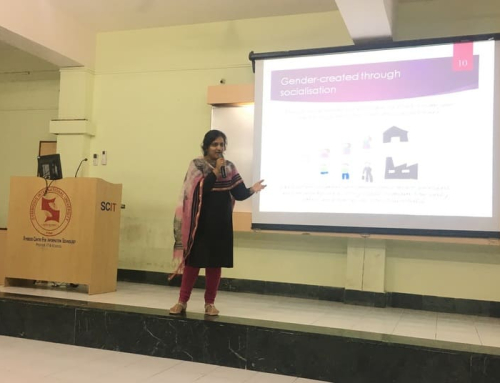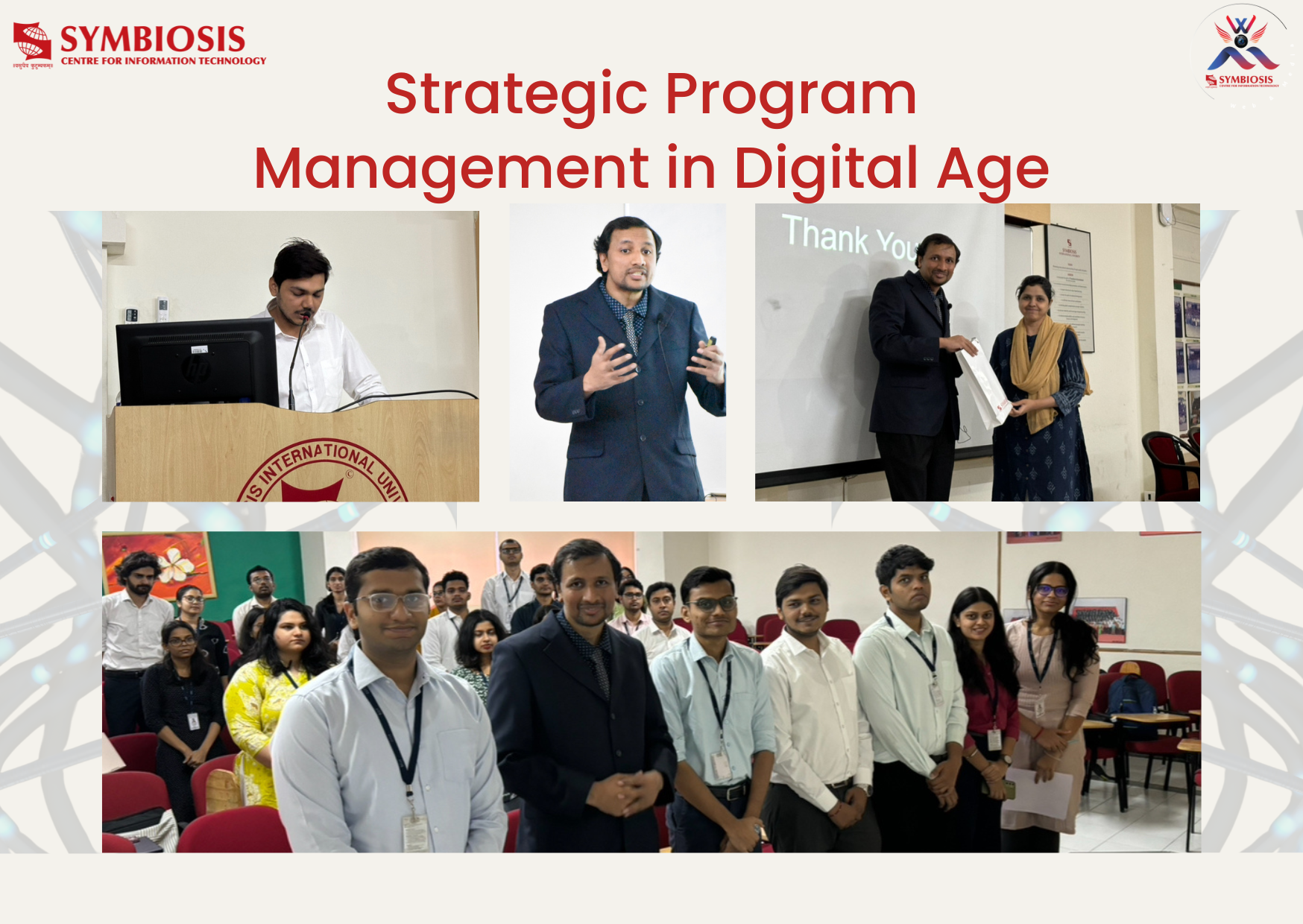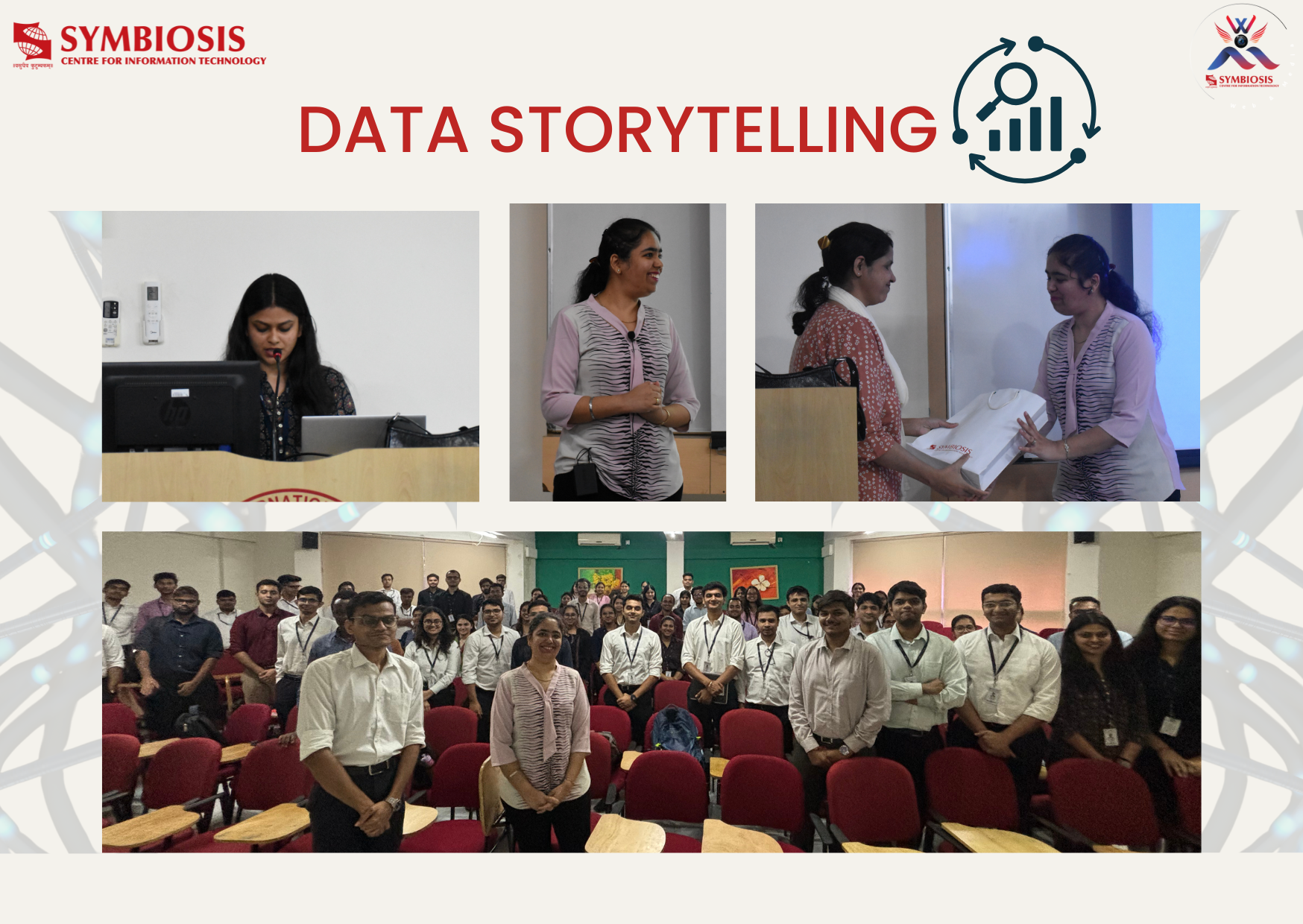Nationalism: a positive assertion of a dominant | SCIT Blog
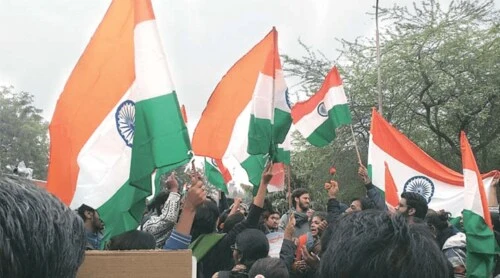
As the world grows closer together cultures collide to create multicultural pluralistic societies. When this happen there is a felt need to protect one’s own cultures. In this cultural pluralism little cultures tend to get absorbed in to the bigger ones. You are exposed to larger than life, alien cultures which that seems to penetrate into all aspect of your life. It includes your religious beliefs, eating habits, dressing styles, art and entertainment, games and exercises, social arrangements and economic activities. For large majority of the population this change does not make any difference, but to some this pose a challenge. They look at this as a threat to their existence and then they react. So on one side we see a massive drive towards creating a globalised world with a common culture while at the other end there is a force pulling us away from these global influences with almost same or even stronger intensity towards more parochial, local and narrow definitions of identities. Thus globalization has created stronger need for protecting the local cultures. The feeling for ones culture which we never gave a second thought till yester day becomes the rallying point in the struggle against the invading culture.
Let us look at the case of India. In the recent years there is an increased talk of a new nationalism. Many call it a Hindu nationalism. Using some of the symbols that we never looked at as important till recently has become the symbols that are uniting us to create this new concept of national feeling. Respect for cow, eating beef, standing up during the national anthems during movies, singing Vante Mataram has become symbols of this new fund national fervor. Creating martyrs has become another trend these days where every death is transformed into a political murder and candle light marches has become common place. Every political parties use symbols. So it is improbable to attribute this new fervor as created by one political party.
Some political thinkers have tried to theorize on this feeling of insecurity among some sections of the society when it encounters another bigger and more liberal ideology. In this encounter there is a sense of loss of power. Ruling class of a nation enjoys certain amount of power. When you started enjoying the power of being the ruling class you find yourself bombarded with values that are foreign. In India for a long time Muslims and Christians ruled over a Hindu majority community. Independence gave us political freedom. But the western power came back to rule India through its economic dominance which some call as the neo-colonialism. As Rajeev Bhargava called it a minority syndrome started developing among the majority communities.
From this need to assert your values and culture you create a ruling class with ideology and symbols that legitimizes your usurpation of power. And as Gramchi says the idea of the ruling class now become the idea of its people. Or through mass media you ensure that people subscribe to your idea as the ruling idea and try to brand every other idea as anti national. You suppress every other voice so that you can assert your value system. These you think will function as an anti dote to the attack against your culture. The 1990s India was a questioning India where the traditional power of the religion and society were being questioned. In this society elders were faced with a questioning young generation. Parents found it hard to control their children. Divorce, live in relations, public celebrations love become a common practice. These led to a feeling of insecurity among the conservative elders in the society. In this context it became easy for the conservatives in the society to assert their power.
To illustrate this point let us take an example. When a girl start wearing jeans and shirt a number of sections in the society seems to have a problem with this. The Khaap panchayat has come out with rules prohibiting girls from wearing modern dress and owning mobile phones. Some wants that every Indian woman to wear a sari even when they go abroad. Some catholic priests recently made very scathing attack on girls wearing boys dress into church. The Muslims for decades resisted the abolition of triple talaq. Sreeram sena and other such fundamentalist groups have banned the celebration of valentine’s day.
Nationalism is a convenient means to hide the feeling of insecurity or the minority syndrome among the majority community. Nationalism as we observe being expressed in the current India is both a cultural and religious reassertion of the past. There is a resistance to everything that is considered as modern. So the neo-nationalists in India vandalize and terrorize movies that shows anything that is different from the traditional ideals, celebrations that glorifies love and sexuality, eating habits that are different from the ruling community, literature that are bold and different and anyone who questions the authority or the ruling class. The nationalism therefore has nothing to do with a love for the nation but is a result of a perceived threat to the authority of the ruling elite of the nation. Nationalism is an assertion of the dominance of the men over women, the land lords over the land less, majority community over the minority community and so on.


